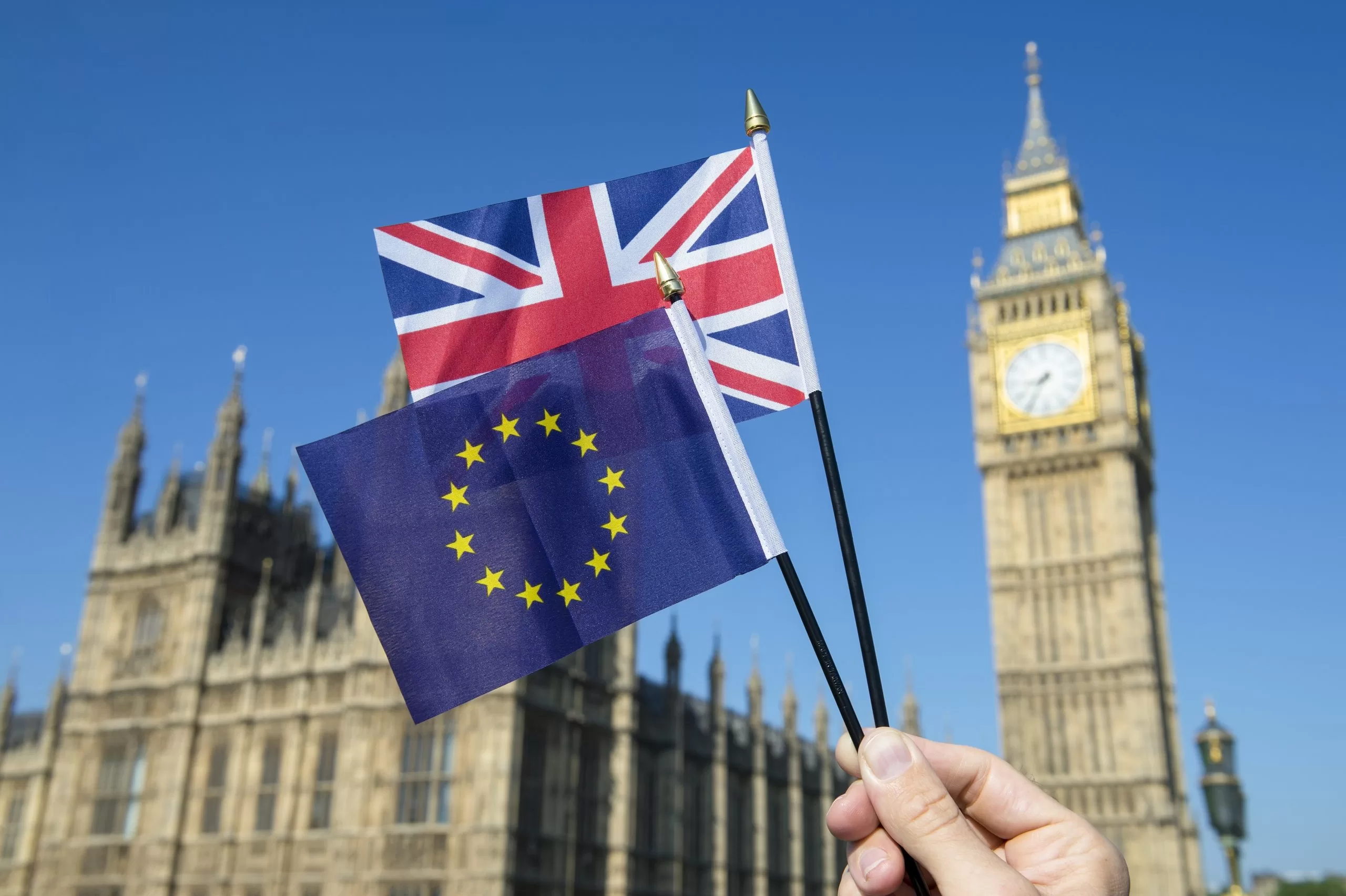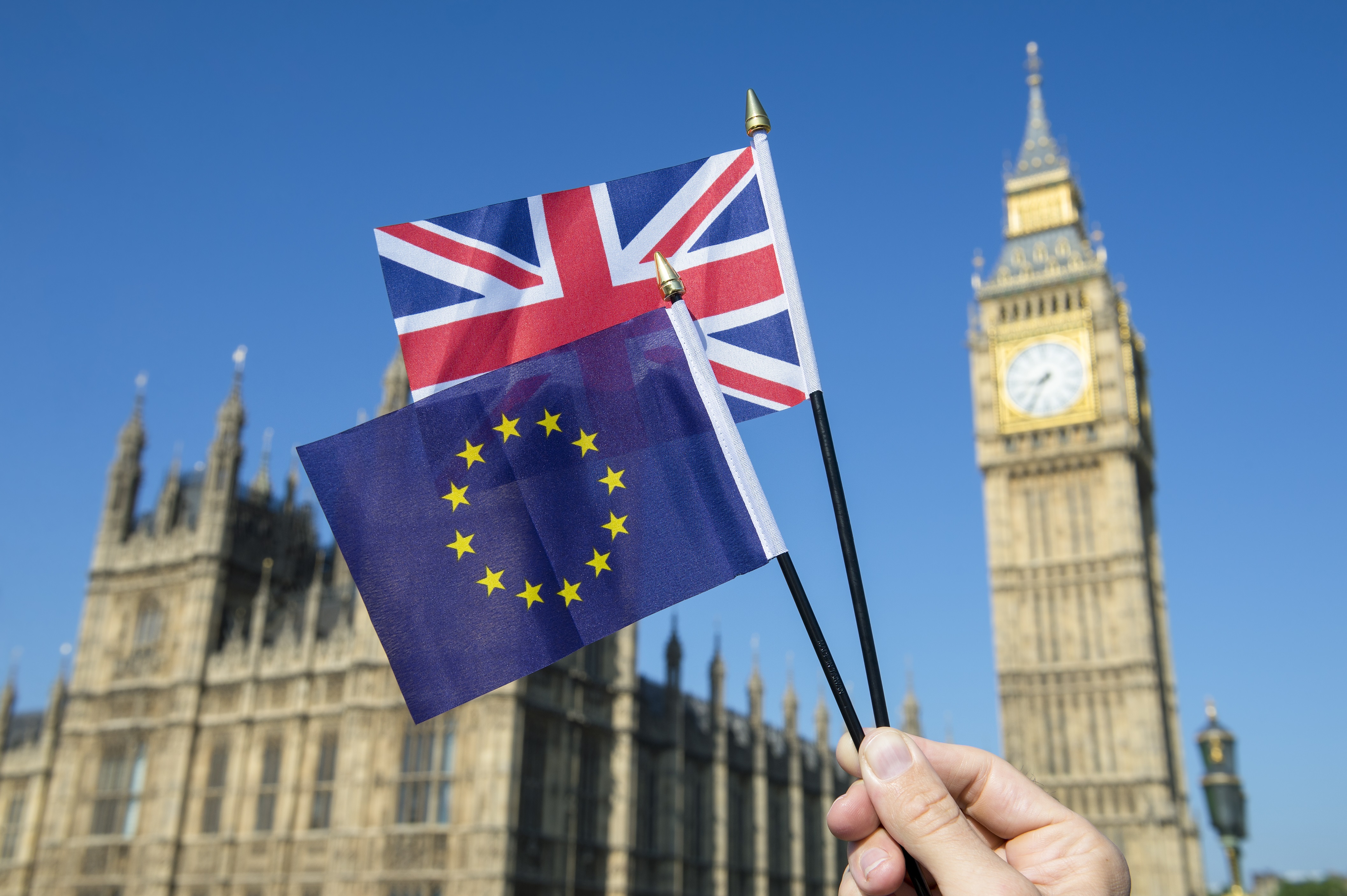
 The UK’s higher education sector was vocal in its support for the remain campaign and, now the referendum results are in and Theresa May looks set on negotiating a “hard Brexit”, a campaign launched over seven years ago is becoming the voice of higher education in the country.
The UK’s higher education sector was vocal in its support for the remain campaign and, now the referendum results are in and Theresa May looks set on negotiating a “hard Brexit”, a campaign launched over seven years ago is becoming the voice of higher education in the country.
We Are International, a campaign started by the University of Sheffield to celebrate its international inclusivity, is being adopted by universities and organizations across the UK. So far, over 150 have signed up, including the University of Oxford, SOAS and the British Council.
The Brexit effect
The original mission of the campaign was to promote the UK as an international destination, and to promote the value of international students. This goal changed amid rising antipathy to both the result of the referendum and the language which has emerged since. The motivations of #WeAreInternational now revolve around fighting against what is perceived as being an extremely negative rhetoric.
The original video is available for anyone to use, and includes attachments for social media profiles so people can show their support.
Vivienne Stern, director of Universities UK International (UUKi), told The Pie News:
“In the aftermath of the referendum it became clear to us that there should be a strong positive statement of how warm and welcoming UK universities are to international students. We still hear VCs reporting that students say, ‘I don’t feel it’s my country anymore’. It’s hard to make a dent in that mood but we have to do our part.”
With a number of international students cancelling their places at UK universities after the result of Brexit, universities have the challenge of proving to students that they are still welcome.
Do many international students really overstay their visas?
 The campaign has gained traction at an interesting time, as it recently emerged that only 1% of international students actually overstay their visas, despite frequent governmental claims to the contrary.
The campaign has gained traction at an interesting time, as it recently emerged that only 1% of international students actually overstay their visas, despite frequent governmental claims to the contrary.
Reports about thousands of students breaking their visa rules are now being challenged. However, the Home Office is so far refusing to show this new study to other governmental departments or release it under the Freedom of Information Act, as it deems it, ‘incomplete and inconclusive’.
An unnamed source leaked findings from the report to The Times, in which it is claimed that only around 1,500 students overstay their visas each year, based on exit checks in April 2016. The report doesn’t include data from students at language schools, technical colleges or private colleges, but whether those numbers would be enough to justify some of the earlier claims is debatable.
Mostafa Rajaai, of the National Union of Students (NUS), condemned the Home Office for its actions, stating:
“We’ve always said the vast majority of international students comply with immigration rules. We welcome the findings and hope the Home Office, for once, would act on facts rather than deeply embedded misconceptions which often drive its policies towards migrants.”
Attempts to curb migration
The current method for assessing how many international students overstay their visas comes from the International Passenger Survey, published by the Office for National Statistics. The issue with this method is that there’s no real measure of exactly how many students remain post-study, meaning that many feel the Home Office are overestimating the number of international students who stay on in the UK.
There have been a number of recent crackdowns on international students in the UK, mainly to help curb net migration figures. The stricter rules regarding ability to work and visa applications have caused the numbers of international applicants to UK universities to fall in recent years. If this continues, institutions which thrive on globalization and internationalization may begin to struggle.
The #WeAreInternational campaign may have appeared at just the right time



